- With the assistance of the International Atomic Energy Agency, small nuclear power plants are currently in the design stage

Uzbekistan's energy minister recently stressed that while a small nuclear power plant to be built by Russia's "Atomic Energy Export Company" (an engineering arm of Rosatom) will play a limited role in the country's overall energy mix by 2030, it will help train experts for future large-scale nuclear projects.
Mirzamahmudov stressed that by 2030, we plan to increase the proportion of renewable energy to 40 percent, with a power generation capacity of 20 gigawatts. However, in adverse weather conditions such as lack of sunlight and wind, we still need baseload power generation, which requires thermal power plants (natural gas, coal), hydropower plants, and eventually large nuclear power plants.
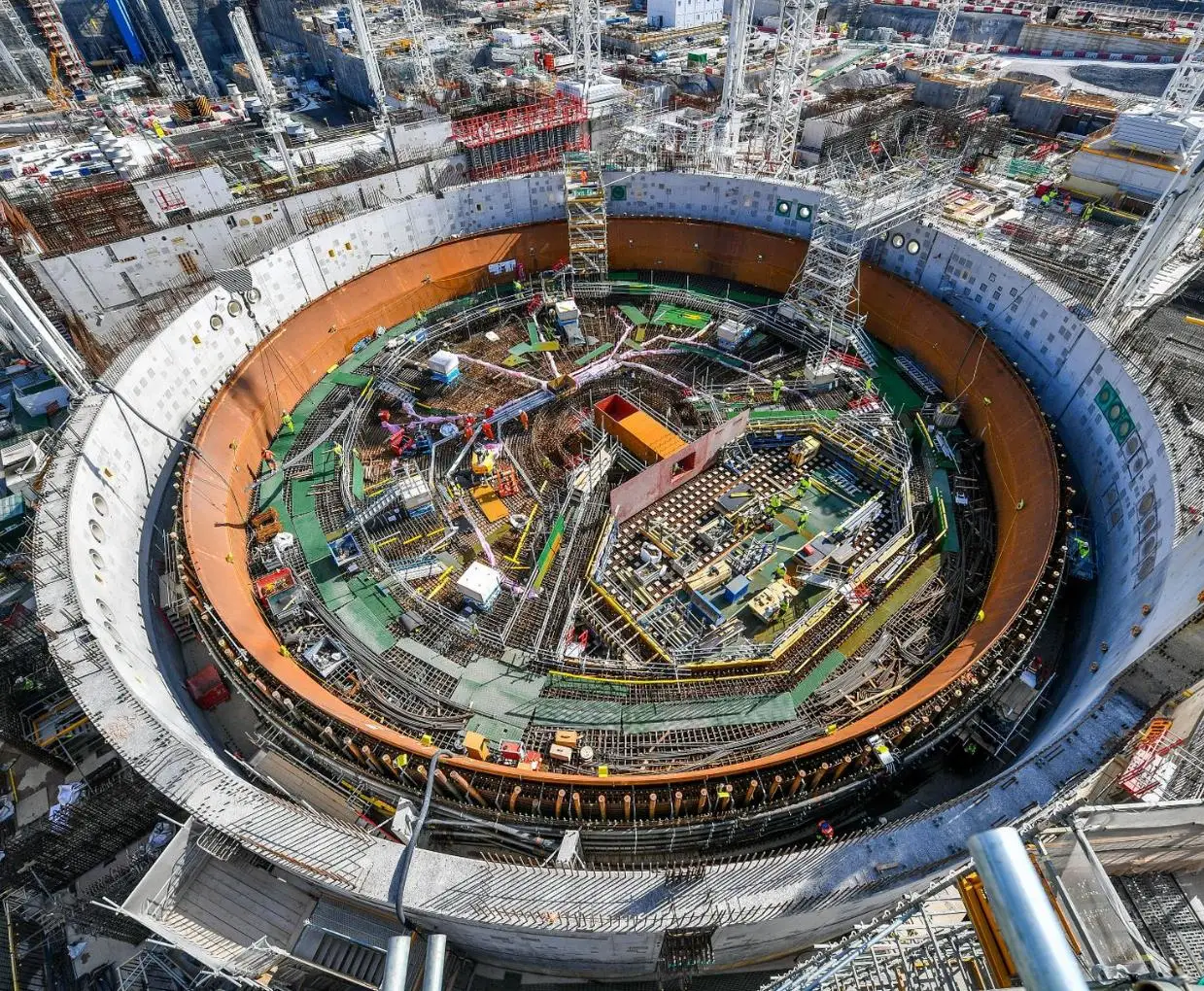
The 330 megawatts of electricity generated by small nuclear power plants is equivalent to about 5 gigawatts of renewable energy, depending on the time of operation. Renewable energy typically runs for 1,800 hours a year, while nuclear power plants can guarantee up to 8,000 hours of operating time, and nuclear and thermal power have capacity utilization rates of more than 90%, while renewables have capacity utilization rates of only 20-25%.
With the assistance of the International Atomic Energy Agency (IAEA), the construction of small nuclear power plants is currently in the design stage. The International Atomic Energy Agency has carried out two visits to assess the suitability of the site and confirm that it meets international standards. The next steps include conducting a feasibility study (FS) to determine the cost of the project.
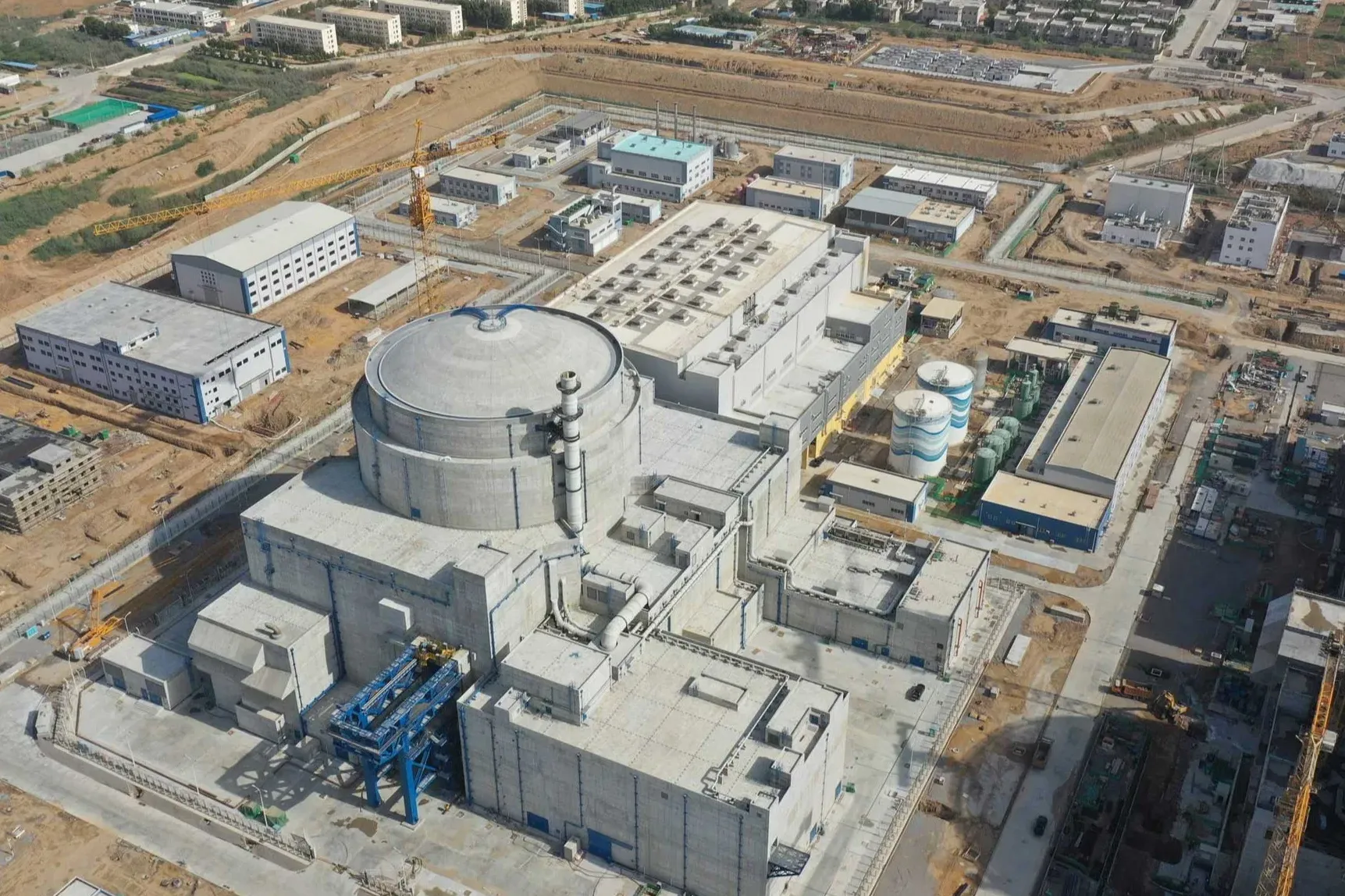
Preliminary cost estimates have been calculated, but the final figure will only be known after the feasibility study is completed. Construction can only begin after permission is granted, a process that can take one to two years, followed by a construction phase of about 60 months.
Mirzamahmudov also discussed the possibility of building a large nuclear power plant by 2040, which he believes is realistic. The minister stressed the importance of nuclear energy in achieving carbon neutrality by 2050, noting that a number of countries, including the United States, Europe, South Korea and Japan, are reviewing their nuclear energy plans as part of global efforts to combat climate change. Editor/Xu Shengpeng
Comment
 Praise
Praise
 Collect
Collect
 Comment
Comment
 Search
Search


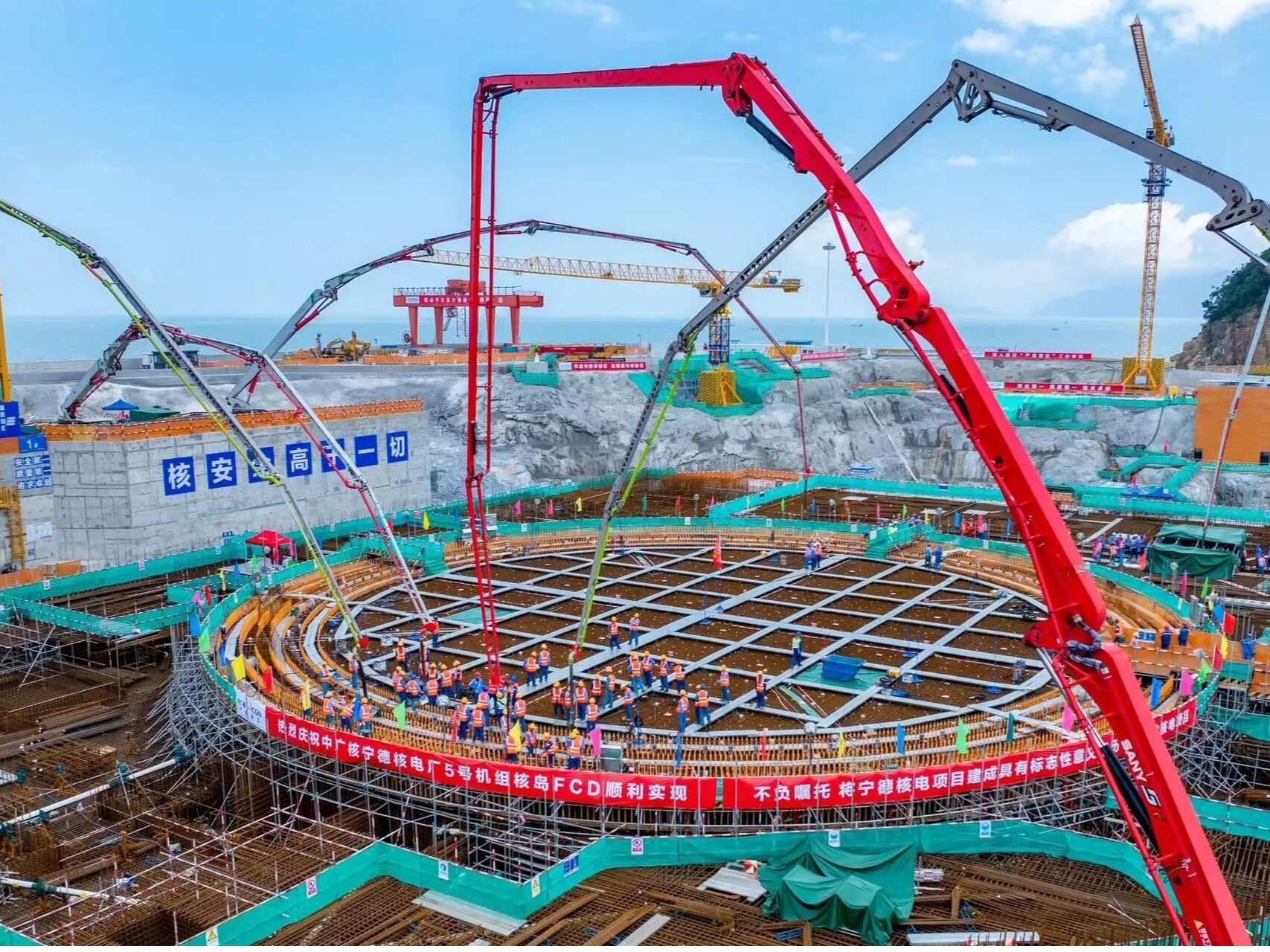
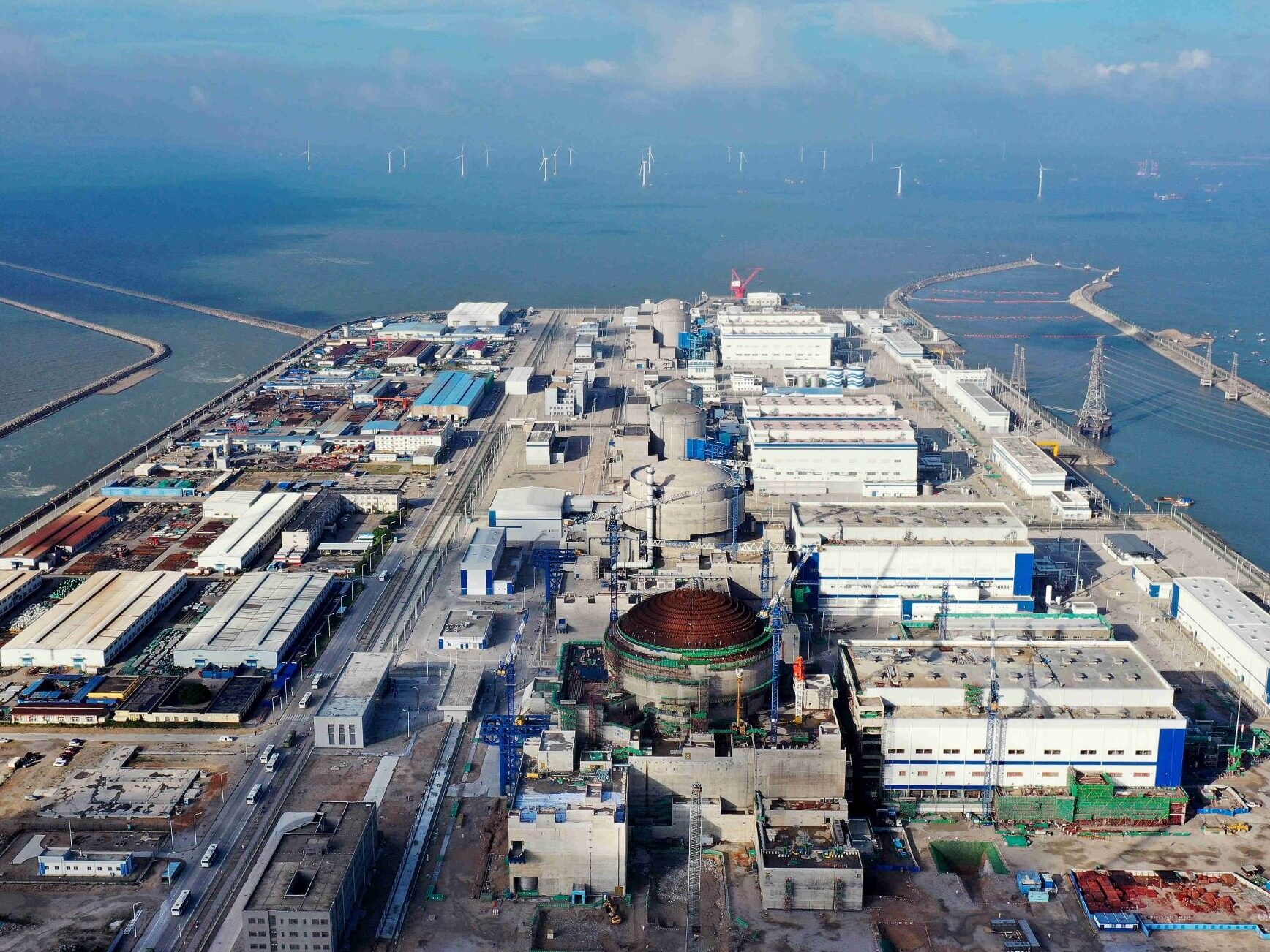
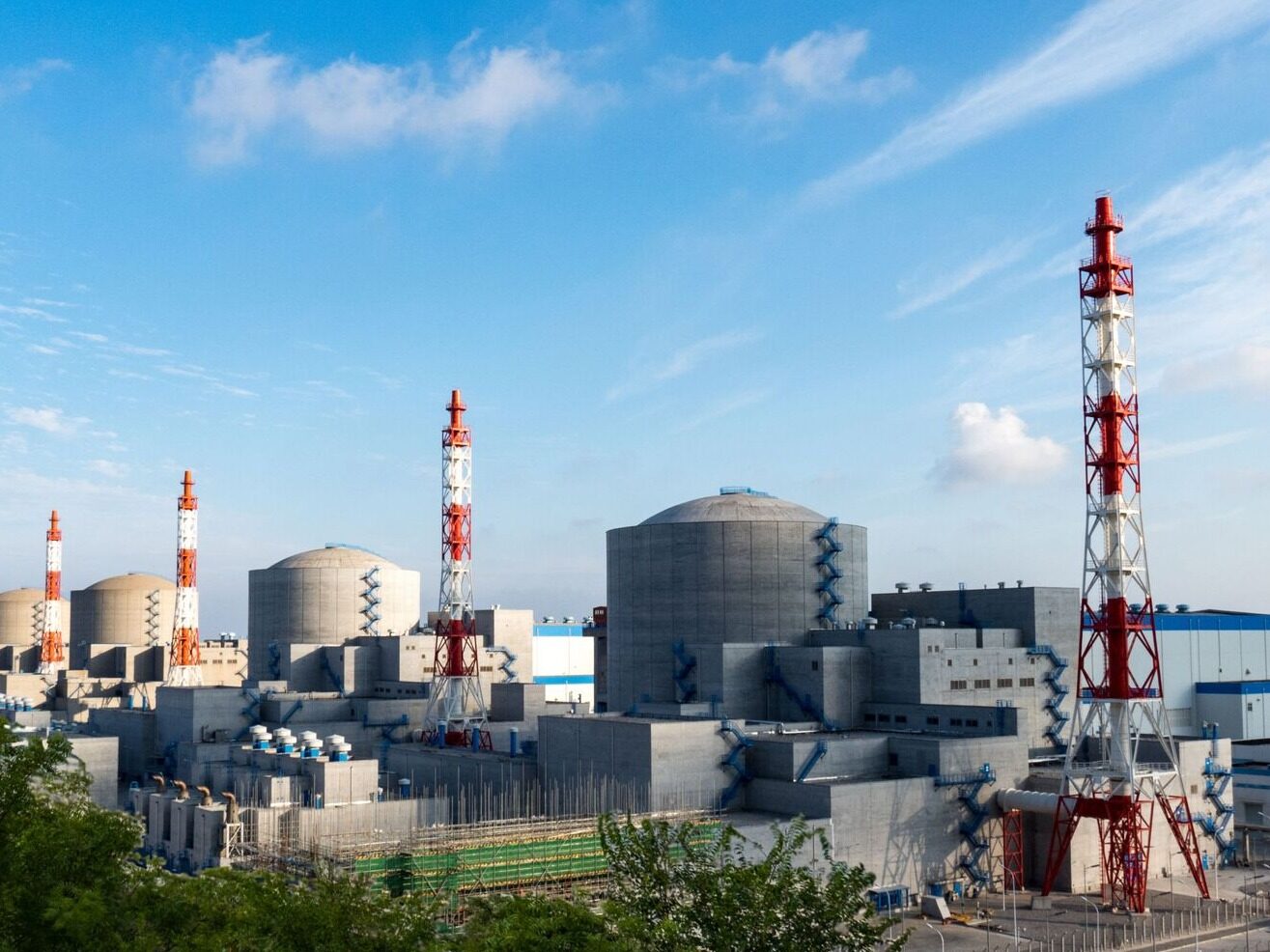
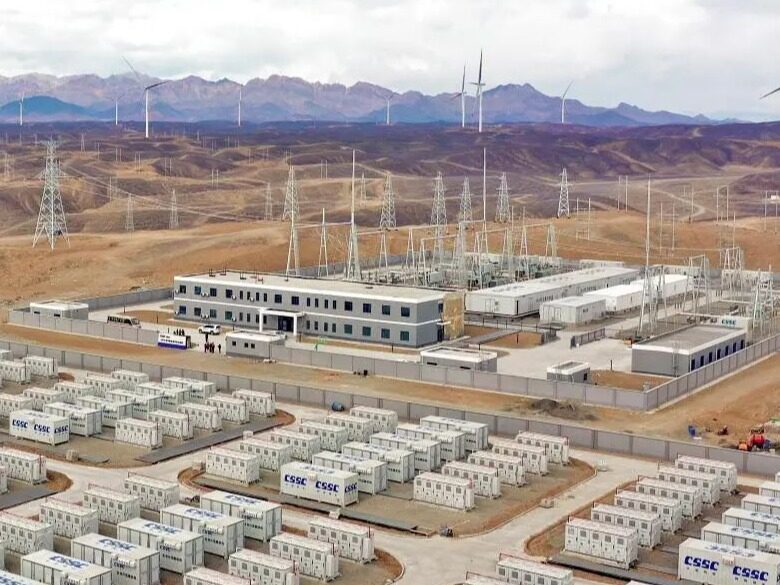
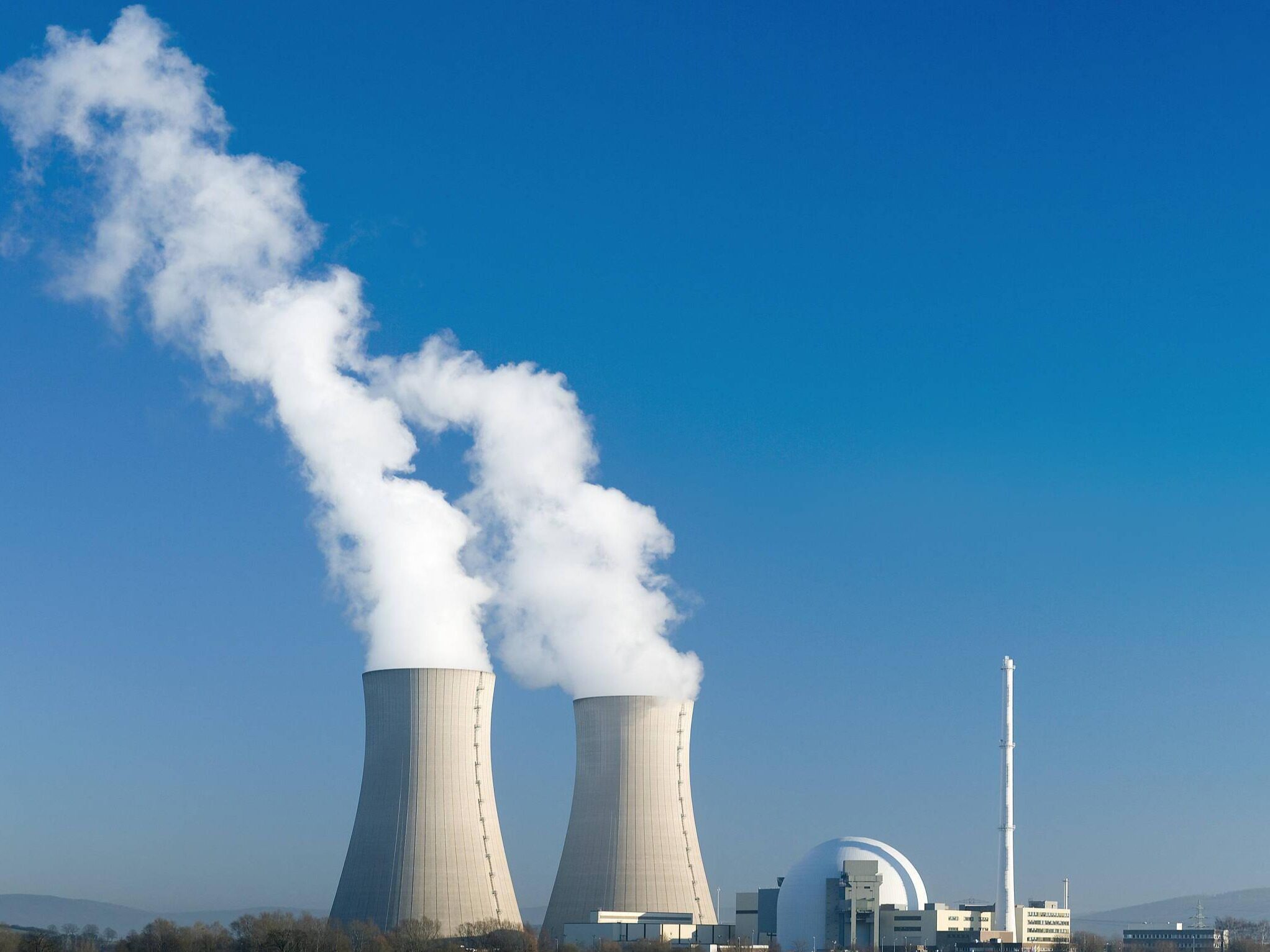
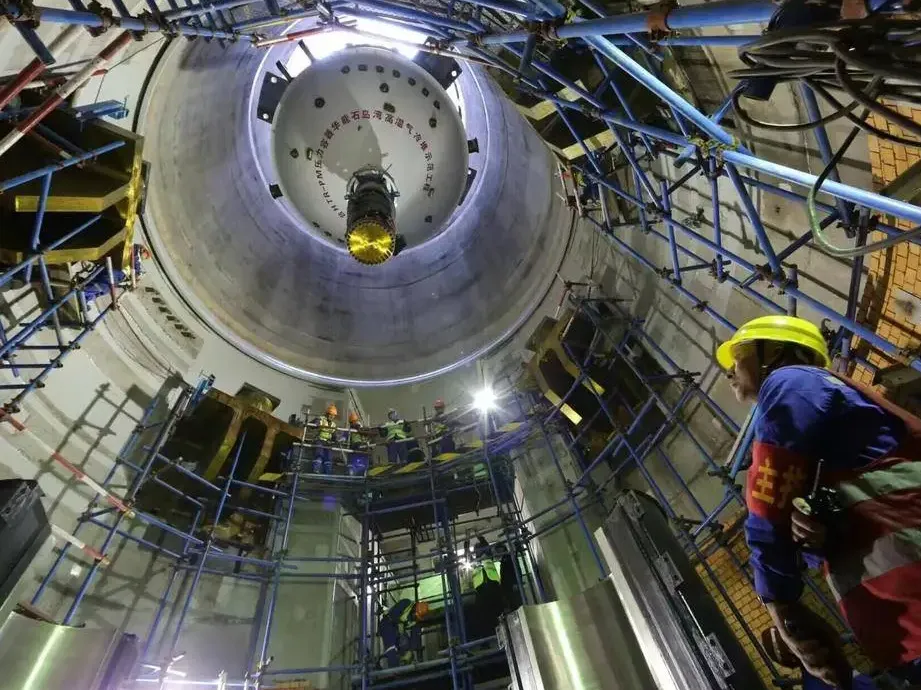






Write something~